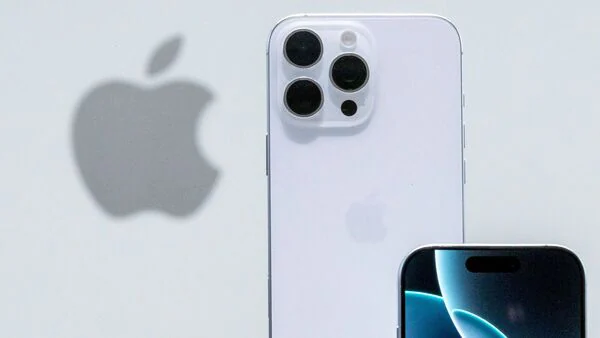Apple Unveils iPhone 17 With Breakthrough On-Device AI Features

Introduction
Apple has announced its iPhone 17 lineup, including the razor-thin iPhone Air, marking a major leap in on-device AI capabilities thanks to the all-new A19 chip and advanced neural accelerators. This move positions Apple at the forefront of integrating artificial intelligence directly into consumer devices, moving away from cloud reliance and promising transformative experiences for users[1].
Next-Gen AI Hardware
At the heart of the new iPhones is the A19 chip, built specifically to unleash real-time generative AI and live translation tools natively on the device. Unlike previous generations reliant on cloud computing, users can now access powerful AI features instantly and securely, even without internet access. Apple claims this advancement enables applications such as:
- Live translation for over 30 languages
- On-device image and video generation
- Adaptive personal assistants with privacy-first design[1]
Impact on User Experience
By harnessing the A19 chip’s neural accelerators, Apple enables real-time generative AI tasks while ensuring data privacy since all processing remains local. Early demonstrations showcased:
- Seamless conversational translation during international travel
- Fully offline photo enhancement and editing
- Voice assistants capable of contextual task management and nuanced recommendations[1] Industry analysts expect these capabilities will set a new standard for smartphone-based AI, potentially impacting competitors’ strategies and driving widespread adoption.
Industry Significance
This launch signals a shift in the AI arms race—from cloud platforms to edge devices. Apple’s investment in on-device intelligence not only improves responsiveness and privacy but could also reduce infrastructure costs. Experts say this approach, coupled with regulatory pressure on cloud data use, will spur a broader transition toward distributed AI in smartphones and wearables[1].
Future Implications
Looking ahead, Apple's push could accelerate development in edge AI applications for augmented reality, healthcare, and secure enterprise communications. Commentators suggest future iPhones and iPads may leverage these advances for everything from biometric security to real-time educational tools. As consumers increasingly expect offline functionality with robust privacy, Apple’s strategy may well define the next era of personal technology.
"AI is becoming fundamental…we’re just seeing it become an expectation," noted Arm senior VP Chris Bergey, reflecting the industry’s pivot to ubiquitous, accessible AI processing[1].
How Communities View Apple's On-Device AI Breakthrough
Apple’s new iPhones with advanced on-device AI have sparked lively debate across social media and tech forums. The main points of discussion:
-
Privacy Champions (40%): Users on r/apple and X/Twitter, like @privacytech, laud Apple’s fully local AI processing as a win for data privacy—highlighting the ability to run translation and assistants without sending personal data to the cloud.
-
Performance Enthusiasts (30%): Tech reviewers and users, such as @snazzyq and r/gadgets, are impressed by live demos showing instant translation and content generation, emphasizing speed and convenience in everyday scenarios.
-
Skeptics and Critics (20%): Some, like @phonecritic and r/apple, question real-world battery impacts and whether promised features work seamlessly. A fraction remains wary about vendor lock-in and proprietary standards.
-
Industry Experts (10%): Figures like Rene Ritchie and Horace Dediu highlight Apple’s move as pivotal for AI’s future, but caution that competitors may quickly catch up or leapfrog with open standards.
Overall, sentiment is largely positive—privacy-conscious and tech-savvy communities view this as a significant shift, though some skepticism remains regarding long-term implications and competitive responses.